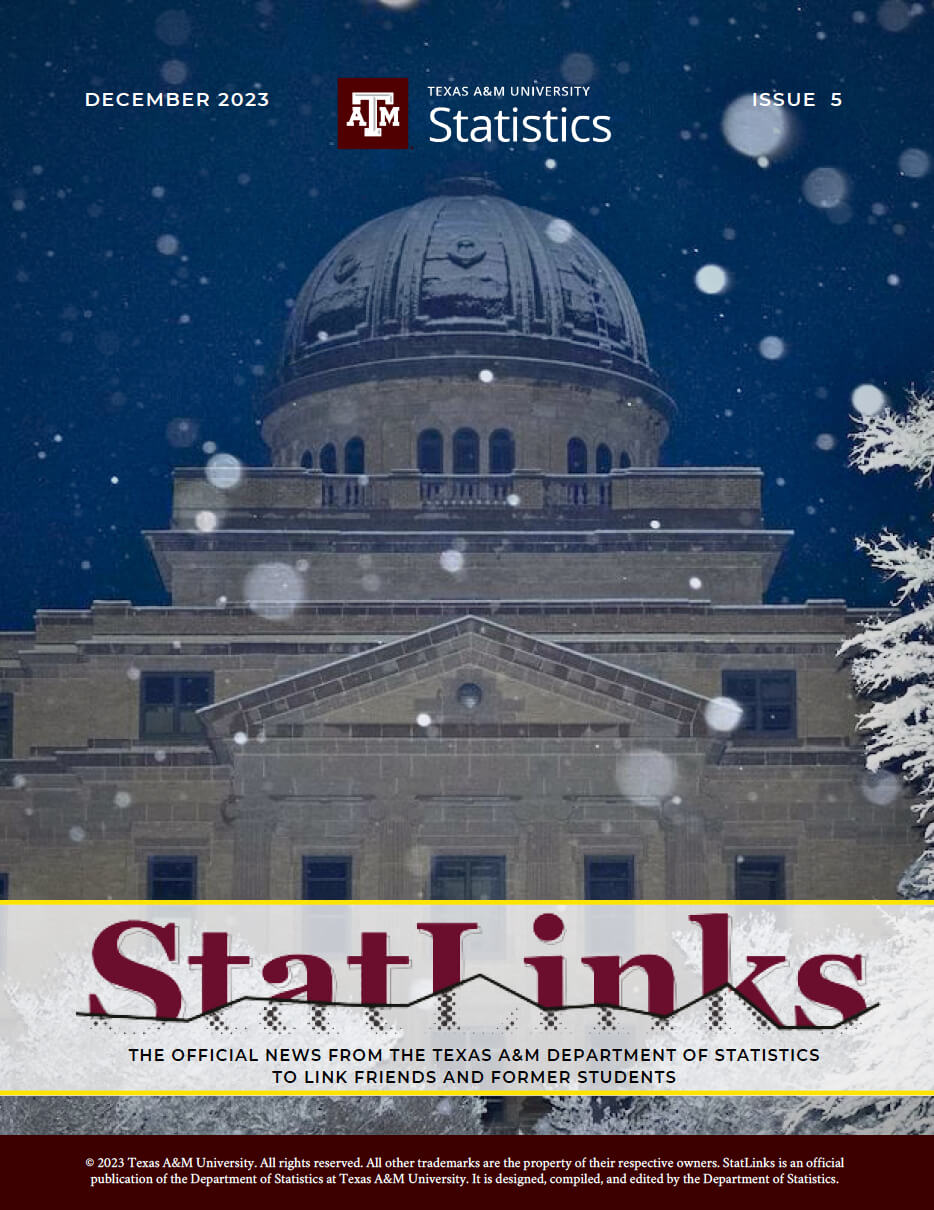HONGTU ZHU 
Department of Biostatistics
University of Texas MD Anderson Cancer Center
“Statistical Analysis of Shape Data in Large-Scale Medical Studies”
ABSTRACT
In medical imaging analysis and computer vision, there is a growing interest in analyzing various manifold-valued data including 3D rotations, planar shapes, oriented or directed directions, the Grassmann manifold, deformation field, symmetric positive definite (SPD) matrices and medial shape representations (m-rep) of subcortical structures. Particularly, the scientific interests of most population studies focus on establishing the associations between a set of covariates (e.g., diagnostic status, age, and gender) and manifold-valued data for characterizing brain structure and shape differences, thus requiring a statistical modeling framework for manifold-valued data. The aim of this talk is to introduce a series of statistical models for the analysis of manifold-valued data as responses in a Riemannian manifold and their associations with a set of covariates, such as age and gender, in Euclidean space. Because manifold-valued data do not form a vector space, directly applying classical multivariate regression may be inadequate in establishing the relationship between manifold-valued data and covariates of interest, such as age and gender, in real applications. We apply our methods to the detection of the difference in the morphological changes of the left and right hippocampi between schizophrenia patients and healthy controls using medial shape description.
Friday, April 7, 2017, 11:30 AM, BLOC 113

